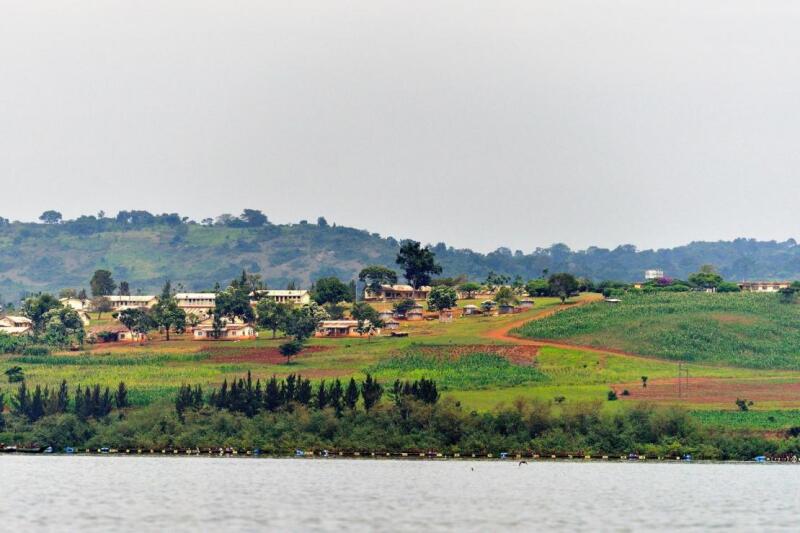Total, CNOOC, and the national oil companies of Uganda and Tanzania have green lighted their $5.1-billion Lake Albert development to tap more than a billion barrels of Ugandan crude and ship it by pipeline across east Africa to Tanzania and export markets beyond.
Participants in the signing ceremony Sunday in Entebbe included Uganda’s President Yoweri Museveni; Samia Suluhu Hassan, president of Tanzania; Total Chairman and CEO, Patrick Pouyanné; and representatives of China National Offshore Oil Corporation (CNOOC), Uganda National Oil Company (UNOC), and Tanzania Petroleum Development Corporation (TPDC), according to a Total press release.
The Lake Albert development encompasses Tilenga and Kingfisher upstream oil projects in Uganda and the construction of the East African Crude Oil Pipeline (EACOP) in Uganda and Tanzania.
Total operates the Tilenga project, while CNOOC operates the Kingfisher project. Together, these two projects are expected to deliver a combined production of 230,000 B/D at plateau, according to Total.
Total holds a 56.67% interest in the upstream licenses; CNOOC has 28.33% and UNOC controls 15%. Ugandan oil will be shipped to the Tanzanian port of Tanga via the EACOP cross-border pipeline whose shareholders include Total, UNOC, TPDC, and CNOOC.
The agreements signed 11 April included the EACOP shareholders agreement and the tariff and transportation agreement between EACOP and the Lake Albert oil shippers.
These agreements open the way for the commencement of the Lake Albert development project. The main engineering, procurement, and construction contracts will be awarded shortly, and construction will start. First oil export is planned in early 2025, Total said.
“The Tilenga development and EACOP pipeline project are major projects for Total and are consistent with our strategy to focus on low breakeven oil projects while lowering the average carbon intensity of the group’s upstream portfolio,” Total Chairman and CEO Patrick Pouyanné said in a statement issued by Total. “Total is also taking into the highest consideration the sensitive environmental context and social stakes of these onshore projects.
The investment decision also puts Uganda on track to become a significant oil exporter for the first time in its history. It cements Total’s position as a leading player in Africa among global oil and gas majors, who for the most part are backing off of oil projects despite expectations of demand remaining strong in Asia and Africa.
Groups that oppose the project, such as Friends of the Earth France, have warned it could pollute the Lake Albert region. Total said it has taken special measures to avoid disruption from oil wells that will be located in a small part of the Murchison Falls National Park, Reuters reported.
Companies in Uganda and Tanzania will get an estimated $1.7 billion of work during the construction phase of the whole project, and more to come later, Reuters reported, quoting Total’s latest annual report.
Total’s share of the investment in the oil fields and the pipeline is estimated at $5.1 billion, according to the report.
Uganda first considered the prospect of becoming an oil producer as long ago as 2006, when Tullow Oil Plc made the first commercial discoveries. Tullow had hoped to begin exports as early as 2015, but ultimately sold its stake in the fields.
According to Tullow’s website, it agreed to sell its Ugandan assets to Total in April 2020, with an effective date of 1 January 2020.
When the deal closed in November 2020, Tullow received $500 million. It will receive a further $75 million with the announcement of the final investment decision along with further contingent payments linked to the oil price payable after production starts.
Thus, Tullow will retain a long-term financial link to the project though it will have officially exited from its licenses in Uganda after 16 years of operations, according to its website.


